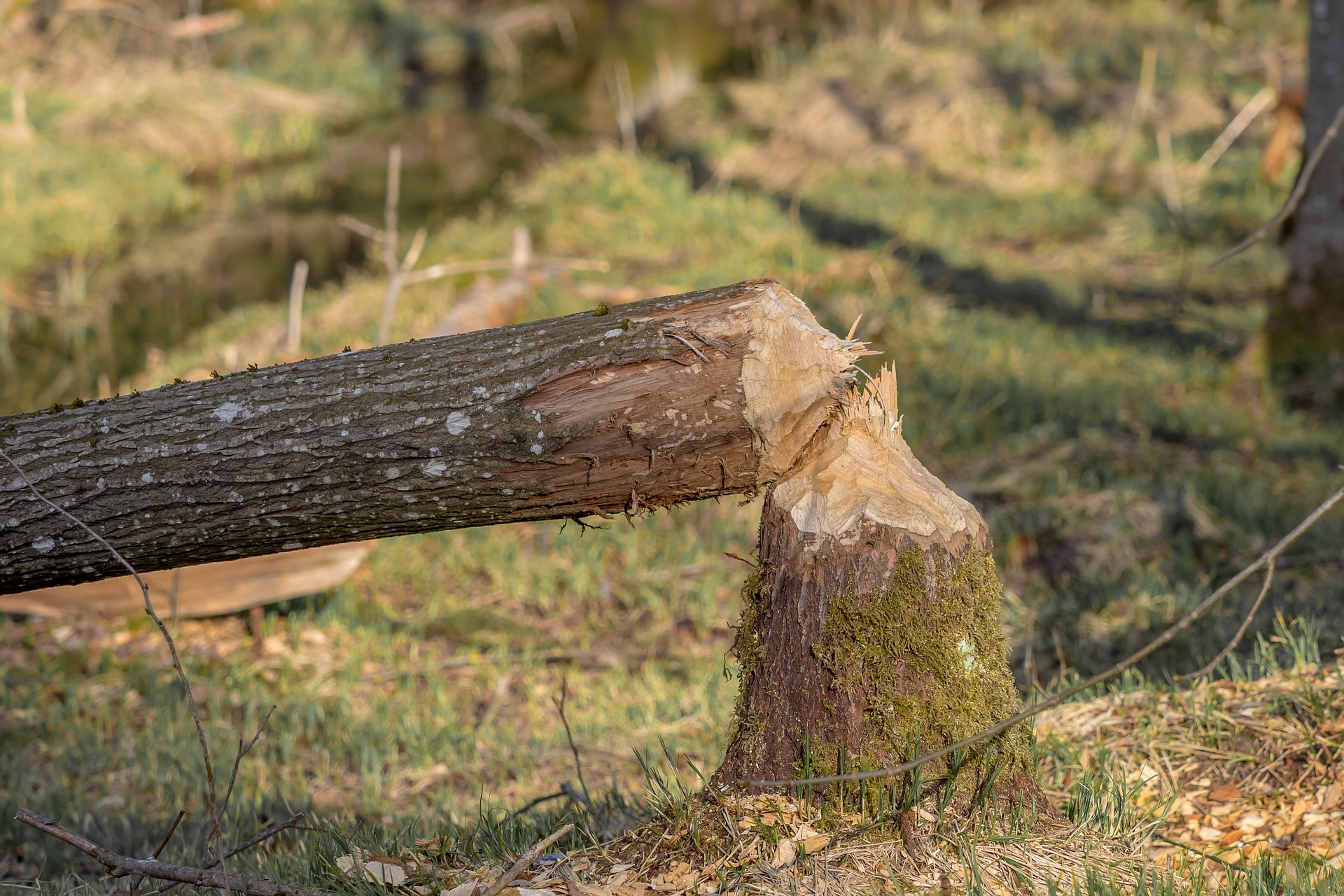It is very important to ask the proper questions when hiring a wildlife control agent, not only to protect your place of business, home, or property but to protect the wildlife in question and the environment.
If Companies are not following the laws and regulations surrounding wildlife control then they are simply putting you at risk while at the same time hurting the environment, wildlife populations and the economy.
Do the right thing and ask the right questions. With the help of an ethical, responsible and professional wildlife control agent, we can together ensure the proper humane treatment of all wildlife while protecting our environment and economy.




